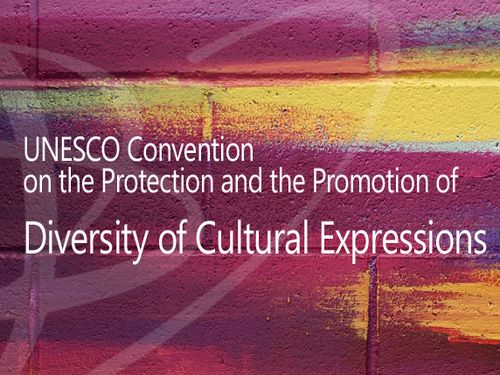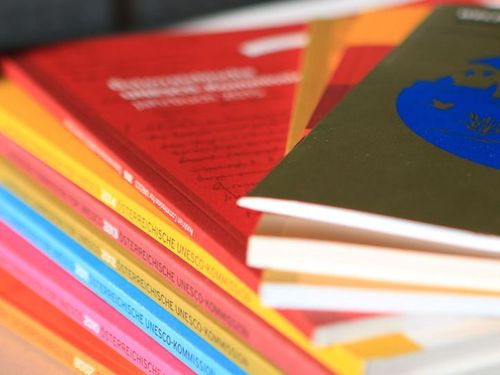As a Party to the “UNESCO Convention on the Protection and Promotion of the Diversity of Cultural Expressions”, Austria must designate a point of contact, as defined in Article 9 of the Convention.
Article 9 – Exchange of information and transparency Parties shall (b) designate a point of contact responsible for information sharing in relation to this Convention;
The Austrian national point of contact was established in March 2010 through an interdepartmental agreement between the Federal Ministry for Education, Arts and Culture (BMUKK) and the Federal Ministry for European and International Affairs (BMeiA) for the Austrian Commission for UNESCO. As such, the funding and profile of the Austrian point of contact are coordinated and defined more closely in collaboration with both leading federal ministries for the Convention. The national point of contact performs the duties specified in the Convention and in the implementation guidelines.
At a national level, these include:
- information and consultation
- coordination and integration of all those affected as a “clearing point”
- raising awareness and carrying out public relations work
- overseeing the Working Group on Cultural Diversity (ARGE).
At an international level, the point of contact functions as an interface to other national points of contact and between the bodies of the Convention and Austrian civil society. Furthermore, it contributes towards statements given by Austria and preparing the report to be submitted to UNESCO every four years, as per Article 9. The national point of contact works in close collaboration with the departments responsible for art and culture and for foreign affairs (currently the Federal Ministry of Arts, Culture, Civil Service and Sport and the Federal Ministry for European and International Affairs) and is supported by the Advisory Panel on Cultural Diversity and the Working Group on Cultural Diversity (ARGE).






